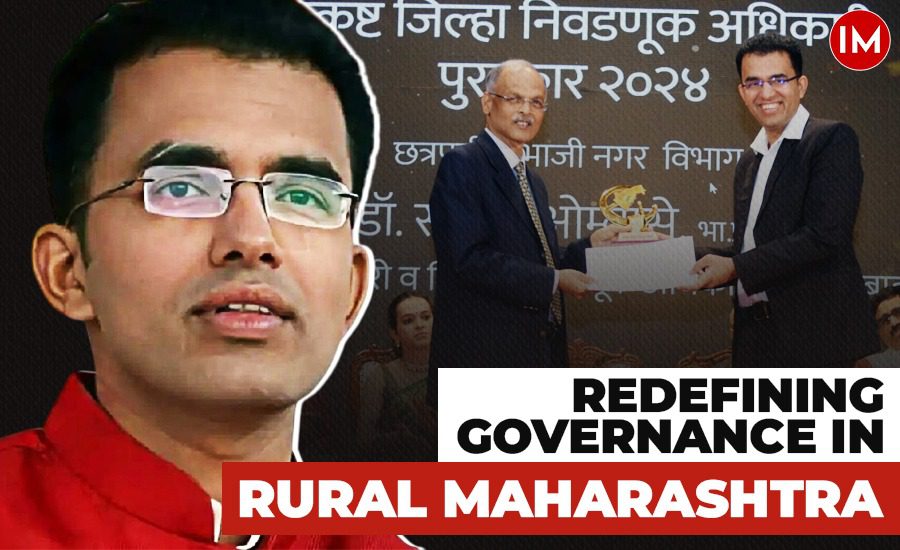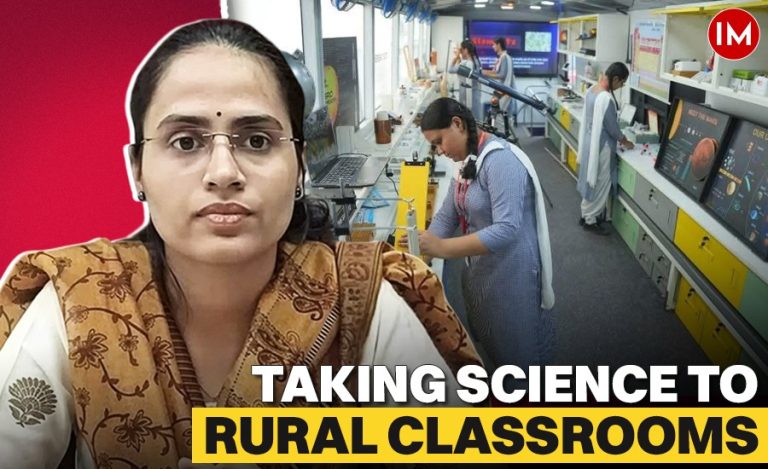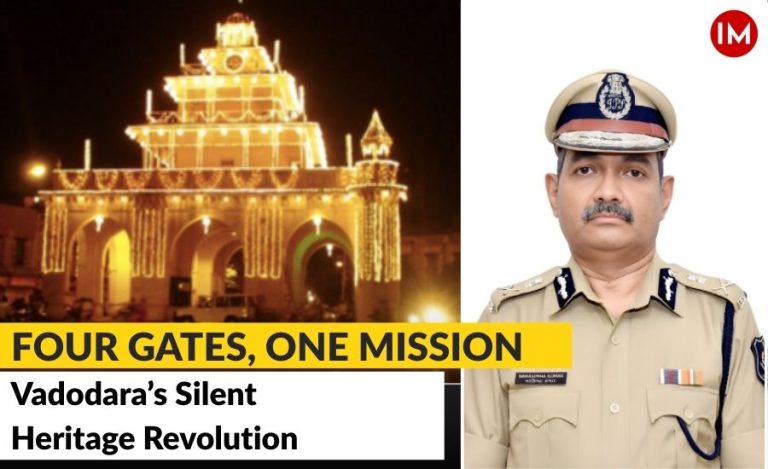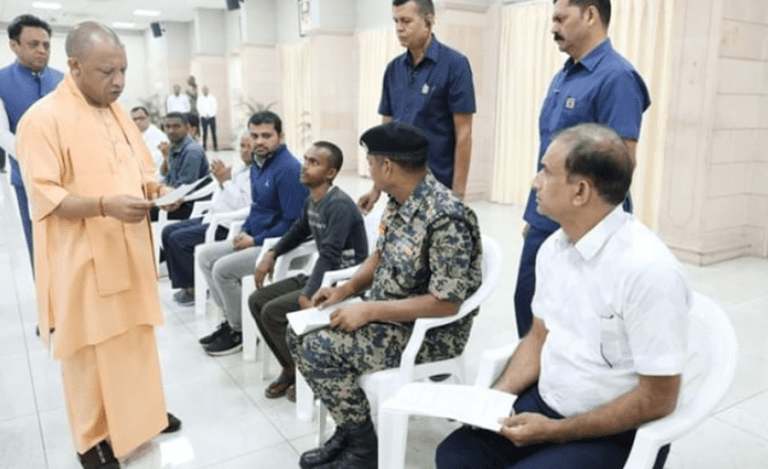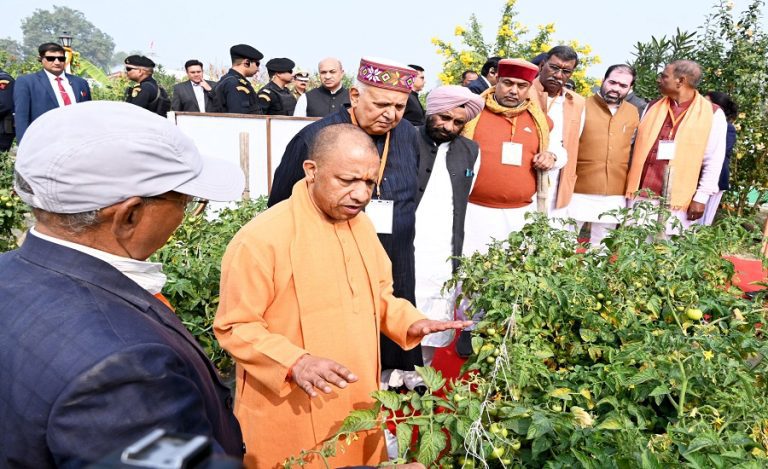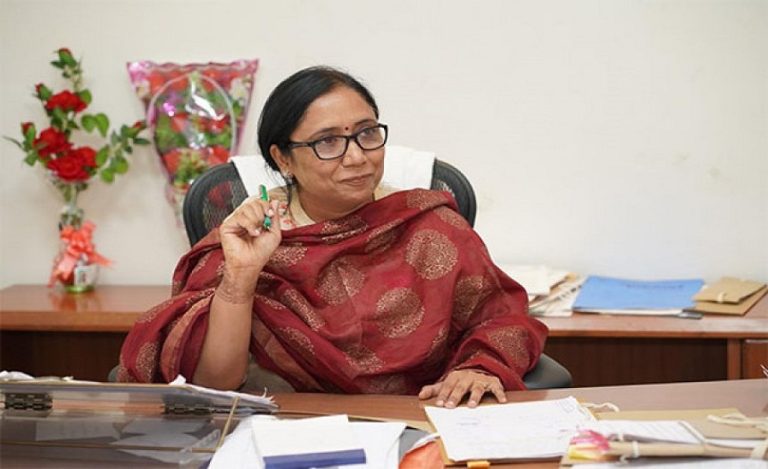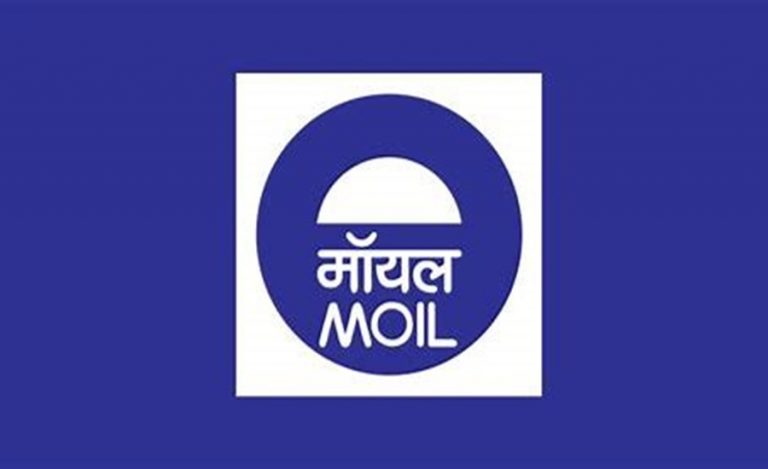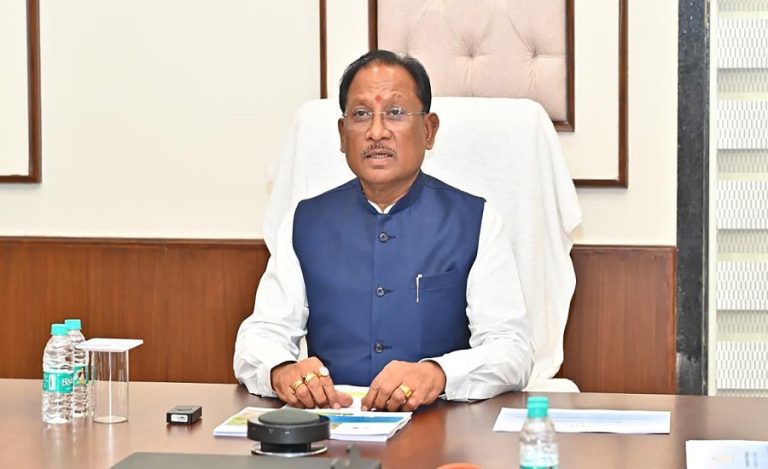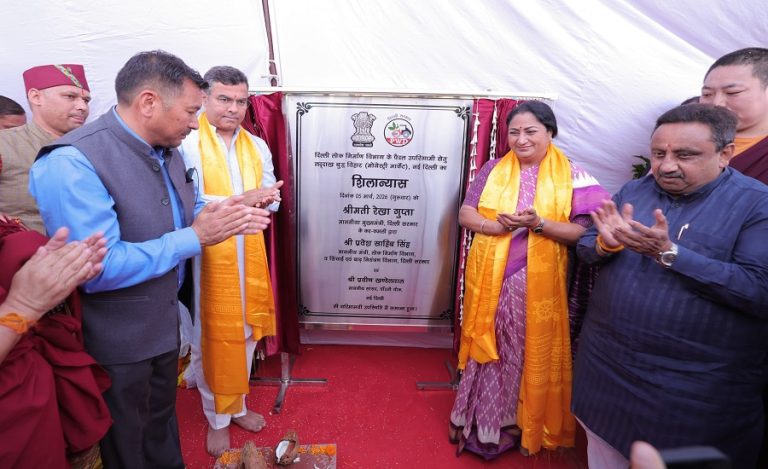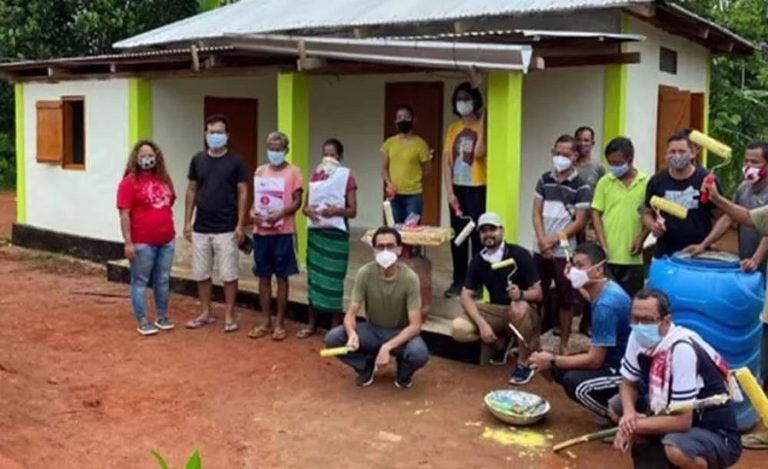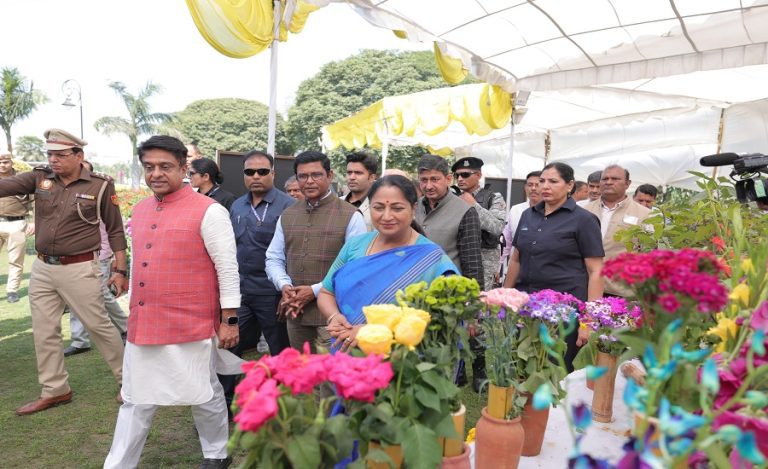In the Dharashiv district of Maharashtra, a visionary leader redefines governance and community development. With a focus on inclusivity, dignity, and transparency, and creating more economic opportunities, this leader has spearheaded transformative projects that enhance infrastructure, empower rural economies, and foster unity. Dr. Sachin Ombase, a 2015 batch IAS officer and the District Collector of Dharashiv is at the forefront of these efforts. Having joined the district nearly two years ago, he has introduced several life-changing initiatives that have greatly benefited the people.
Originally from Dahivadi, Maharashtra, Dr. Ombase is known for his innovative approach to governance and has a clear vision for uplifting the lives of those in his district. His leadership has driven impactful initiatives, particularly in improving community life through infrastructural development. One of his most notable projects is Crematoriums for All, a groundbreaking initiative aimed at upgrading cremation facilities across the district.
Indian Masterminds had the opportunity to interact with Dr. Ombase to gain deeper insights into his transformative initiatives.
A STEP TOWARD DIGNITY
The need for proper cremation spaces had long been a concern in Dharashiv, with many villages lacking dedicated land for this purpose. The absence of such facilities often led to tensions between communities, exacerbated by the lack of basic amenities like sheds, water, and sanitation. Dr. Ombase recognized that the lack of dignified cremation spaces was not only a matter of infrastructure but also an issue of human dignity and community harmony. As a result, he launched the Gav Tithe Smashanbhumi Initiative to ensure that every village, irrespective of its size, would have access to a proper cremation ground.
He said, “The biggest challenge in this project was land acquisition. The process in villages is very cumbersome. We had to issue notices and gazette them multiple times, followed by measuring the land and calculating its value, among other steps. My team visited nearly 300 villages to carry out this work, ensuring everything was done meticulously.”
Under Dr. Ombase’s leadership, significant progress has been made. The initiative has now provided dedicated cremation lands in 361 villages across the district, with sheds constructed in 330 villages. Additionally, 132 burial grounds have been allocated specifically for OBC and minority communities in eight blocks of Dharashiv. The entire project, which was carried out in four phases, was allocated a budget of Rs. 30 crore. The first phase involved conducting a comprehensive survey of available land in 361 villages. In the second phase, government land was identified, and in the third, private land was purchased in 151 villages. The final phase saw the construction of sheds and other necessary infrastructure.
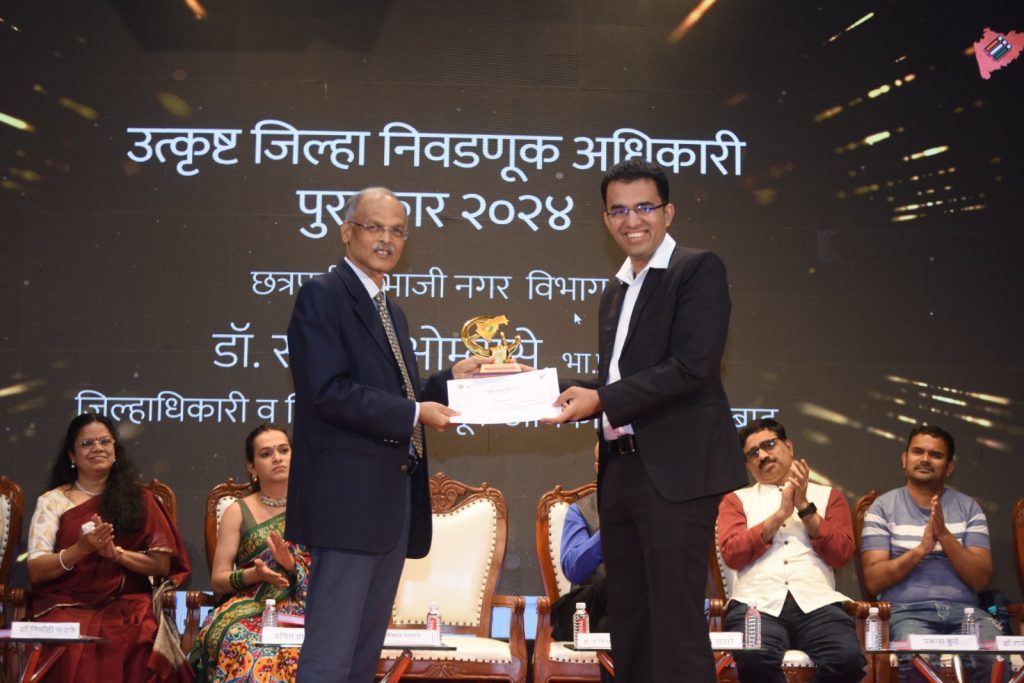
THE IMPACT OF THE INITIATIVE ON COMMUNITY LIFE
The Crematoriums for All initiative has had a profound impact on the district. Families now have access to dignified cremation spaces within their villages, allowing them to perform the final rites with respect and ease. The initiative also promotes inclusivity, ensuring that people from all communities—irrespective of their caste or religion—have equal access to these facilities. It has helped reduce tensions, fostered community cooperation, and significantly improved public health and hygiene by providing clean, organized cremation grounds.
The project’s scope goes beyond the physical infrastructure of cremation grounds. It has had far-reaching social and cultural benefits, allowing villagers to adhere to their religious practices and traditions in a more respectful and dignified manner. Dr. Ombase’s vision was not just to build physical structures, but to create an environment where communities could come together and honor the lives of their loved ones in a peaceful, respectful setting.
STRENGTHENING LOCAL GOVERNANCE
Another significant initiative that Dr. Ombase has championed is the Saksham Gram Panchayat Program. Launched in the Dharashiv Block, this program aims to enhance transparency and accountability in local governance. By promoting active participation and engagement in governance, the program ensures that the voices of the people are heard, fostering a more responsive and inclusive system. The program also empowers local leaders, strengthening the democratic fabric of the region.
PROMOTING ECONOMIC GROWTH
In addition to his work on infrastructure and governance, Dr. Ombase has been instrumental in driving economic development initiatives in the district. One of the key initiatives under his leadership is the Samridha Dharashiv Initiative, spearheaded by the organization Transform Rural India. This initiative focuses on facilitating access to financial resources for women collectives and Farmer Producer Companies (FPCs). Recently, a meeting was organized where banking representatives, along with beneficiaries of various schemes such as PMEGP, CMEGP, PMFME, and the SMART Project, came together to discuss credit linkage proposals. This meeting saw the sanctioning of Rs. 4 crore worth of proposals, aimed at enhancing the economic opportunities available to local communities.
SERICULTURE GROWTH
To improve sericulture in the district, Dr. Ombase implemented several key initiatives. He modernized the process and arranged for funding to enhance the production of quality silkworms. He explained, “If there are good silkworms, the yield will be great. So, we arranged funding to ensure better silkworms.” Through these efforts, Dr. Ombase aimed to boost sericulture in the region, helping farmers achieve higher yields and increasing the district’s contribution to the silk industry.
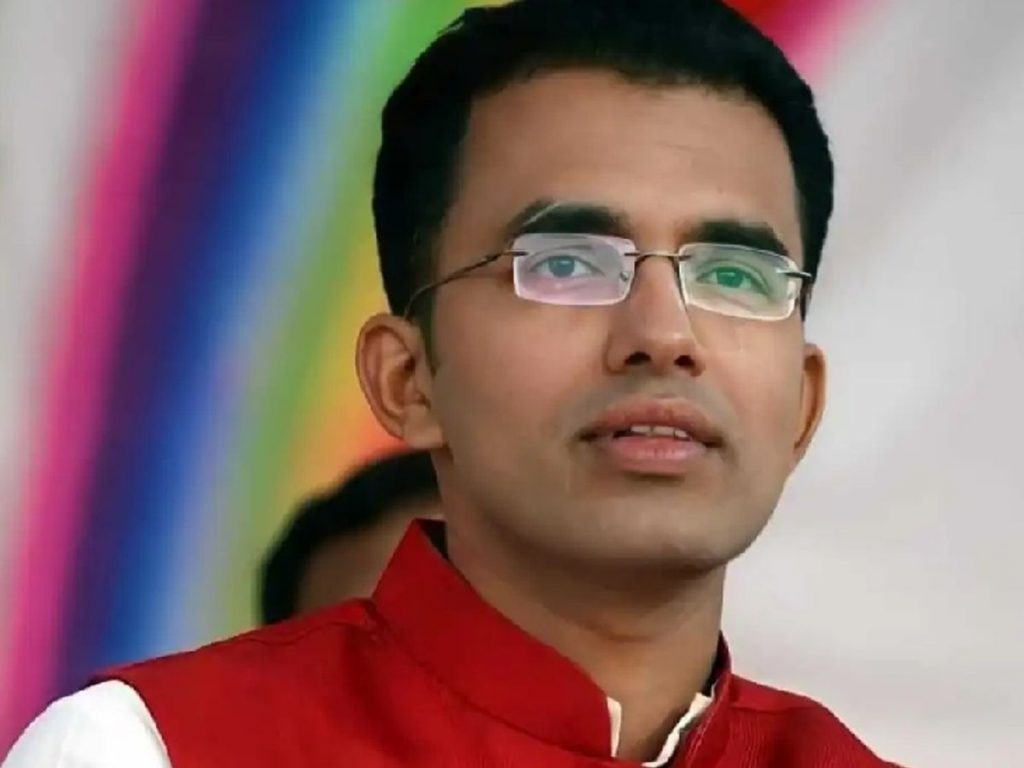
FARM ROAD INITIATIVE
Under Dr. Ombase’s leadership, the Farm Road Initiative has made significant strides in addressing a long-standing issue in the district. Encroachment on boundary roads and approach roads passing through farmland has been a major source of disputes in rural areas. While these roads are not part of any individual’s farm, over the years, larger landowners or farmers have encroached upon them, making the main road inaccessible to smaller or inland farmers.
To resolve this, the administration undertook the task of reconstructing over 800 boundary roads by removing encroachments. This initiative has restored direct access to the main roads for inland farmers, ensuring better connectivity and reducing conflicts over land use.
HOLISTIC APPROACH TO DEVELOPMENT
These initiatives are all part of Dr. Ombase’s broader vision for Dharashiv, a vision that prioritizes the well-being of the community. His work reflects a deep commitment to addressing the practical needs of the people, while also fostering a sense of dignity, equality, and opportunity. Whether it’s through providing basic infrastructure, promoting transparent governance, or encouraging economic growth, Dr. Sachin Ombase’s leadership is transforming Dharashiv into a model district for development in Maharashtra.
LEADERSHIP AND VISION
Dr. Sachin Ombase, who holds an MBBS degree, has an extensive and diverse background in public service. Before joining the IAS, he served as an IRS officer and worked as the Assistant Commissioner of Income Tax. After entering the IAS, he held various key positions, including Assistant Collector and Project Officer of the Integrated Tribal Development Project (ITDP) and Assistant Secretary in the Department of Agriculture at the Government of Maharashtra. He also served as the Chief Executive Officer of Zilla Parishad in Wardha. In every initiative he leads, Dr. Ombase demonstrates a profound understanding of the interconnectedness between physical infrastructure, community harmony, and economic development.
His work in Dharashiv is a powerful testament to the impact of visionary leadership and its potential to create lasting positive change. Dr. Ombase’s leadership is not only transforming the district’s infrastructure but also fostering a spirit of inclusivity, respect, and empowerment among its people. Through his dedicated efforts, Dharashiv is on its way to becoming a shining example of what can be achieved when governance is driven by compassion, foresight, and an unwavering commitment to serving the people.

